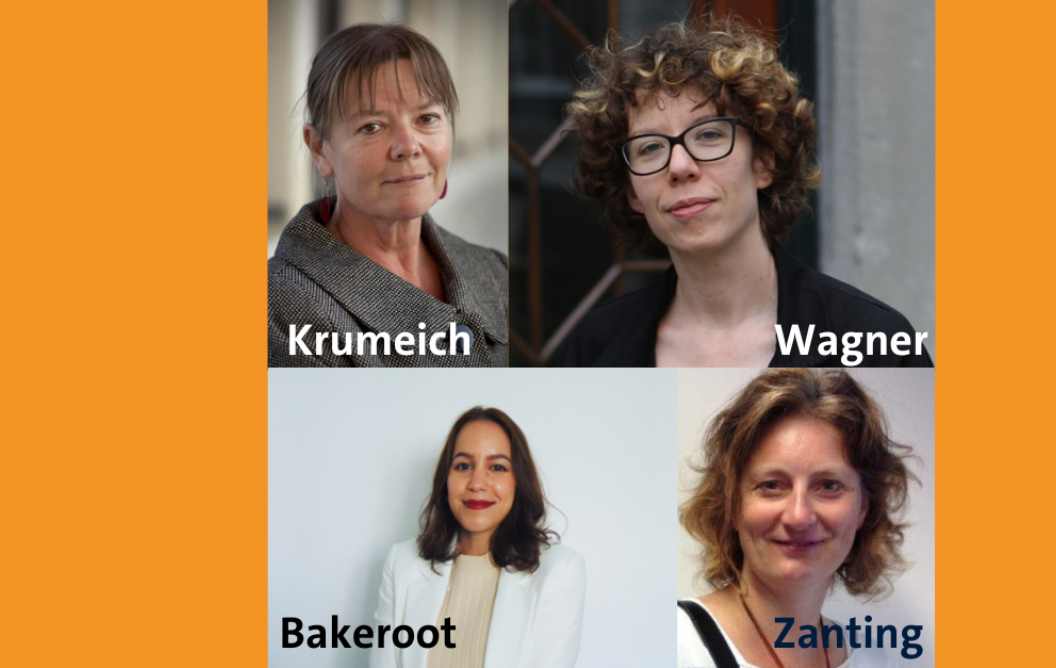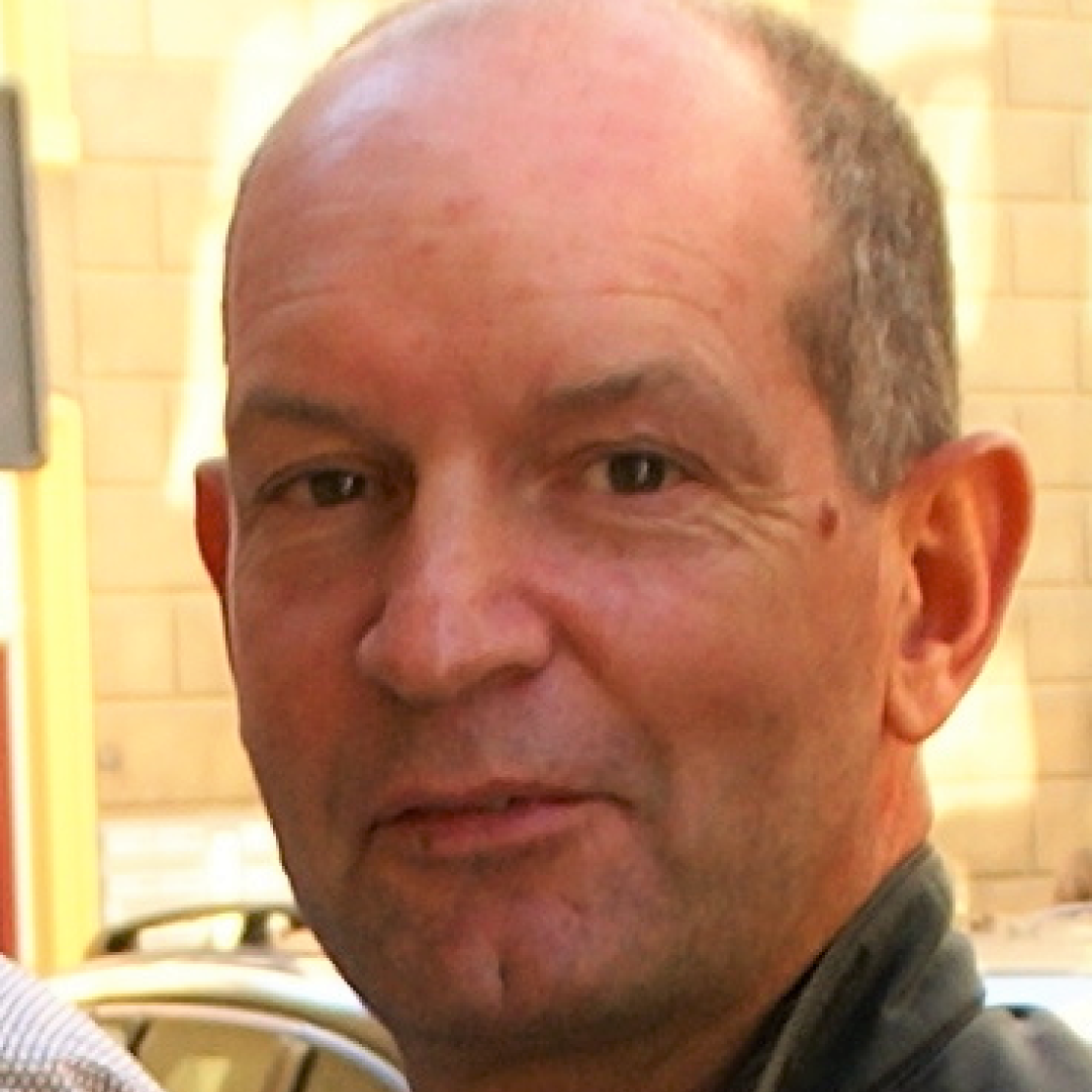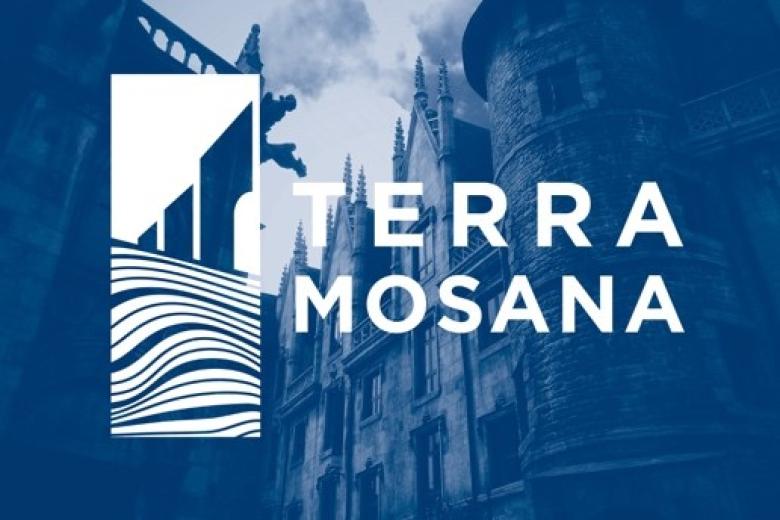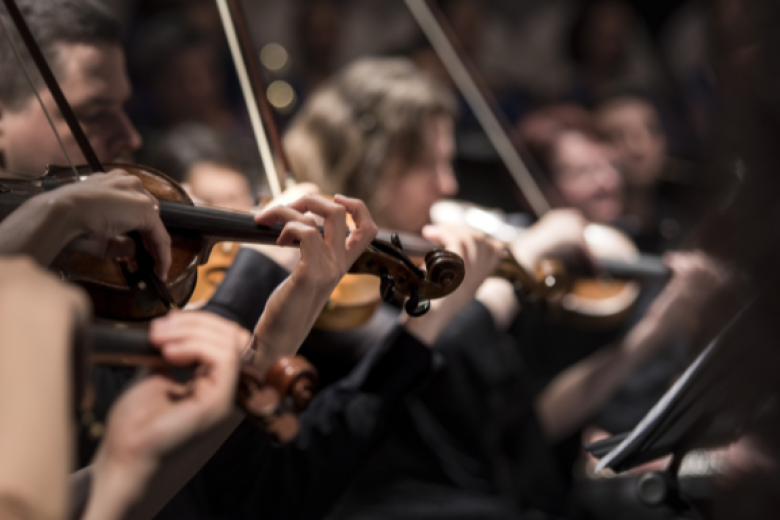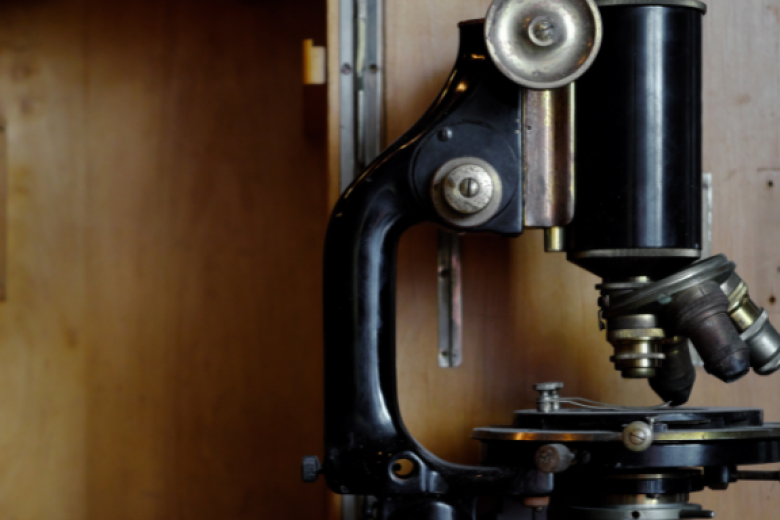Has dropping out of your bachelor study ever crossed your mind?
How can you contribute?
We would like to invite a diverse group of current Medicine (Dutch + International tracks) and BA European Studies students who are facing challenges in their studies and have (previously) considered dropping out, or who have recently left these programs, to discuss their experiences, and what changes they might like to see at UM.
Your participation will consist of: a semi-structured individual interview (1 hour) to reflect on personal experiences, and (optional) a focus group to discuss recommendations in view of enhancing the retention of a diverse student population.
Interested? Fill in our form to be contacted with more information about your participation (click on the orange box).
If you have questions about the project or want to know more about your participation, please reach out to Virginie Bakeroot (v.bakeroot@alumni.maastrichtuniversity.nl).
Anja Krumeich is a full professor of Translational Ethnographies in Global Health and former director of the Global Health program (FHML).
Lauren Wagner (PI) is associate professor and programme director of the Globalisation & Development MA (FASoS).
Albertine Zanting is a researcher on diversity in medical education at FHML, chair of the FHML Taskforce Internationalisation, and member of the Advisory Committee on Diversity & Inclusivity.
Virginie Bakeroot (assistant) is a graduate of the Global Health program, specialised in qualitative research methods.
Ethical Approval
Our study has been approved by the Ethical Review Committee Inner City Faculties (ERCIC_344_24_03_2022). All your provided data will be treated confidentially. Following the sign up button does not indicate any commitment to participate. You can decide whether and to what extent to participate at any moment, without consequences and without having to give a reason.
